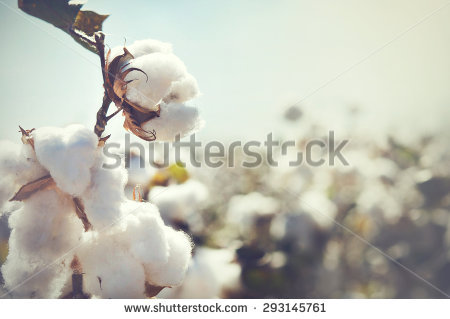Nuziveedu wins BT Cotton Patent Tussle

Written by Rutuparna Acharya
The long battle between Monsanto Co. and Nuziveedu, an Indian Seed Company has come to an end. It was the case of patentability on BT Cotton Seed Varity of Monsanto. Monsanto, an US based Agricultural Company, had secured patent in India over BT Cotton Seed Varieties, Bollgard and Bollgard II in 2008. However, the Supreme Court of India on 7th May, 2018 has declared this Patent invalid.
The tussle between Monsanto and Nuziveedu surfaced, when Monsanto demanded a higher royalty from Nuziveedu, for the sale of its BT Cotton Seed Variety, since it had patent over BT Cotton. BT refers to the bacteria bacillus thuringiensis which is toxic to the bollworm, a pest that commonly attack certain crops like cotton. BT Cotton seed is a genetically modified variant technology, which resists the bollworm pest. Monsanto has got patent over its invention of BT cotton seed varieties technology in India on 12th February 2008. India is a Country which protects agricultural industry and farmer’s right and aims at welfare of farmers, thus, Indian Government has fixed a reasonable price for cotton seeds, which also includes trait value or royalty. With this controversy between these two companies, the patentability of BT Cotton Seed was challenged by Nuziveedu, in 2015.
Section 3(j) of Indian Patent Act is one such limiting provision, which excludes patents which involve “plants and animals in whole or any part thereof other than micro-organisms but including seeds, varieties and species and essentially biological processes for production or propagation of plants and animals”. Meaning thereby, in India patent cannot be granted to plants, plant varieties or seeds or any part thereof. On 11th April, 2018 Delhi high Court, going by this logic, declared the patent of Monsanto for BT Technology invalid. Monsanto appealed and on 7th May, 2018 Hon’ble Supreme Court of India also upheld the decision of Delhi Court. Now, Monsanto has lost its patent over BT Cotton Seed Technology. However, Monsanto has one more option left. The Company can still seek protection for its invention of BT Cotton Seed Varity under “Protection of Plant Varieties and Farmers’ Rights Act, 2001, which aims to protect plant varieties, as well as the rights of farmers and plant breeders” (PPVFR Act).
On a concluding note, the decision of the Court is well appreciated from one point of view, since in India, it is necessary to protect farmers’ right and the agricultural sector, so as to avail seed variety to them at a reasonable price. But from another point of view, it also raises a question upon fixing of royalty for such seed varieties by Indian Government, for companies like Monsanto, who have invented such a new variety of seed putting their energy, time, labour, capital and expenses. If the royalty fee will be less, than the amount of money they have invested in coming up with the plant variety, why these Companies will come to India at the first place where they will lose their pricing freedom. Courts, before coming to any conclusion, should consider these questions. The betterment of both the foreign investors who are inventing new technologies in the field of Agriculture, as well as farmers should be of paramount importance.
For More Information Regarding Patent, Contact Lex Protector ')}
